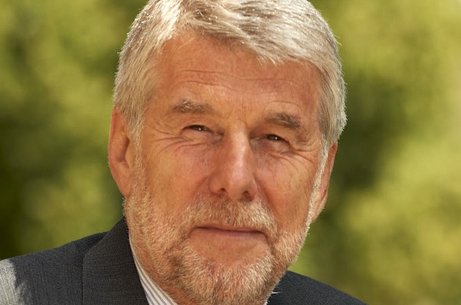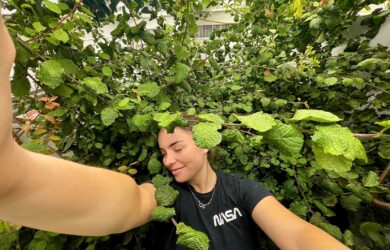
The Provost of the Gates Cambridge Trust has been appointed an honorary doctor of the Board of Research at the prestigious Karolinska Institutet in Sweden.
The Provost of the Gates Cambridge Trust has been appointed an honorary doctor of the Board of Research at the prestigious Karolinska Institutet in Sweden.
Professor Barry Everitt is among four new appointees to the Board and will have his doctorate formally conferred at a ceremony in the Stockholm City Hall on 22nd May 2015.
Every year, Karolinska Institutet confers honorary doctorates to individuals for their vital scientific achievements or significant contributions to the university or humanity at large.
Professor Everitt has been appointed an Honorary Doctor of Medicine, the Karolinska’s highest award, in recognition of his research on drug addition which Karolinska Institutet says “has changed our perception of the neurobiological and psychological mechanisms in drug addition” and “played a key role in developing new treatments for addiction and certain psychiatric illnesses, including post-traumatic stress disorder”. The award also recognises his role in inspiring other researchers in his field and for introducing behavioural science to the Institute.
The Institute’s announcement states: “Barry Everitt was one of the first to show how hormones affect the signalling substances in the brain through which they control our sex drive. With the same methods he subsequently also tackled the systems that control drug addiction. He introduced behavioural sciences to Karolinska Institutet and inspired many researchers in this field.”
Professor Everitt, who is Professor of Behavioural Neuroscience at the University of Cambridge, has held a number of positions of responsibility at Karolinska Institutet and has been on a large number of international scientific committees and advisory bodies. He has been President of the British Association for Psychopharmacology, the European Brain and Behaviour Society and the European Behavioural Pharmacology Society. His awards include the American Psychological Association ‘Distinguished Scientific Contribution’ Award, the European Behavioural Pharmacology Society ‘Distinguished Achievement Award’, the British Association of Psychopharmacology Lifetime Achievement Award and the Foundation Ipsen Award.
Professor Everitt, who has been Provost of the Gates Cambridge Trust since 2013, said: “I am was thrilled and honoured to be informed of the award of an honorary MD. My time as a postdoctoral researcher at Karolinska Institutet truly changed my life by revealing what it was I was really interested in – the brain – and how to bring a multidisciplinary approach to studying it. It is also a place where I made lifelong friends.”












